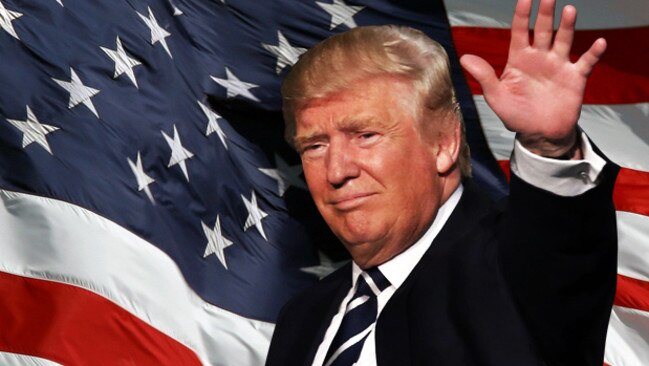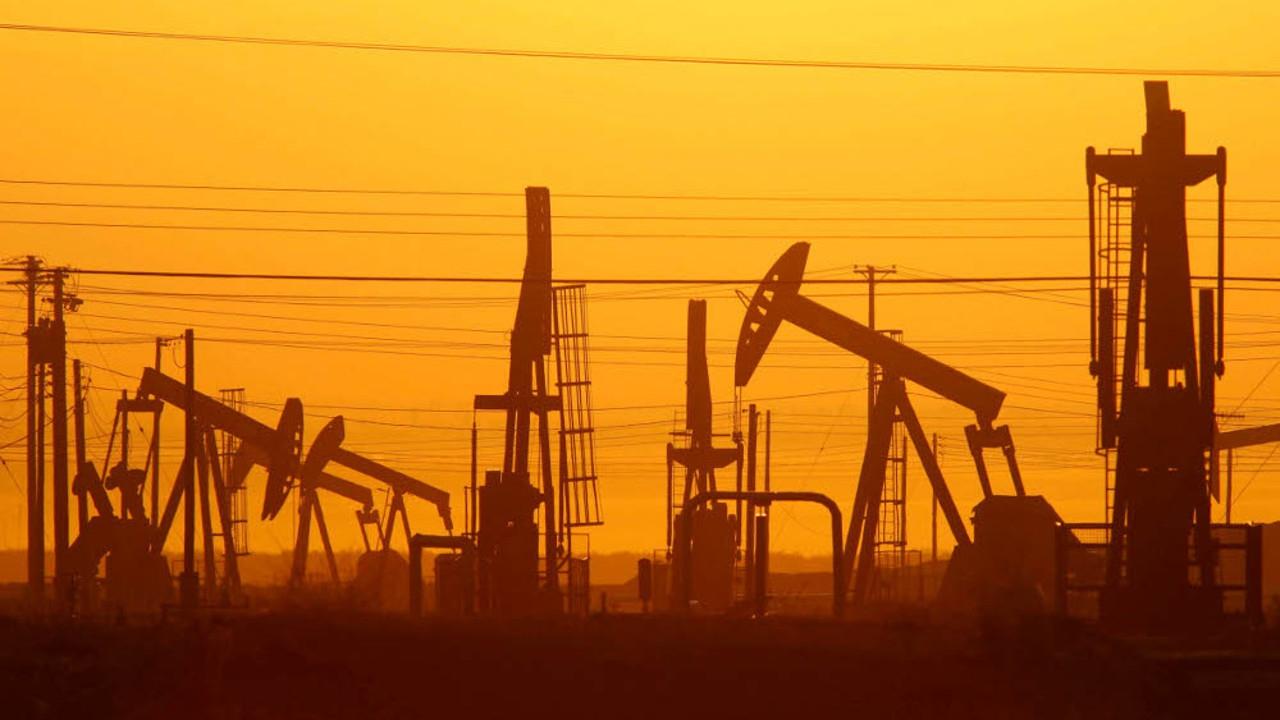US election: All bets are off with Donald Trump in the White House
If Donald Trump keeps his campaign pledges, it’s not just the US or Mexico who’ll be in for a wild and scary ride.

The looming spectre of a Trump presidency didn’t only send the peso plunging nearly 12 per cent. It pushed a wave of selling through Asian equity markets, saw US stockmarket futures signalling a 5 per cent fall in the US markets when they open tonight, edged US bond prices up and saw the US dollar fall as capital flowed to perceived safer havens.
Gold, gold stocks and the Japanese yen were the biggest “beneficiaries” as investors reacted to the demolition of election-eve expectations and the enormous uncertainty that now pervades the markets as the actual poll results flowing across the US through the afternoon defied the predictions of the pre-election opinion polls.
Given that the markets had been pricing in a win for Hillary Clinton and something akin to business-as-usual in the US from a known, competent and predictable quantity, the sell-off was to some extent the obvious reflex response to the shock of Trump’s performance and an unwinding of earlier gains when Clinton appeared to have the ascendancy.
What will be of greater consequence for the markets, for the US and for the rest of the world, is what will happen once the dust settles and the reality of President Donald Trump has been digested.
Will he retain the bombastic, erratic, combative persona — the demagogue — that was on display throughout the primaries and the election or will he become more conventionally presidential? Will he surround himself with wise and experienced counsel, to protect himself — and the rest of us — from his gut instincts?
If he actually does what he said he will do during the campaign it isn’t just the US, or the poor Mexicans, who will be in for a wild and scary ride.
Trump’s America has promised, apart from building walls to keep the Mexicans out, to turn its back on globalisation and free trade.
It has pledged to tear up the North American Free Trade Agreement with Mexico (whose exports are largely to the US) and Canada.
It will generate real friction with China — and real damage to China’s economy, along with most other emerging market economies other than, perhaps, Russia’s — by imposing punitive tariffs on Chinese imports. It plans to rewrite its international defence arrangements and the terms of its alliances.
The US will become isolationist and protectionist. Most of the post-war norms and aspirations that have underpinned globalisation and free trade that the US has helped create and lead would be threatened.
Trump has said he would cut taxes for US companies and the rich, abolish government agencies, repeal the Clean Power Plan that is the US response to climate change and sweep away regulations on business more generally.
US Government debt, already at $US19.5 trillion, would soar — estimates range from an increase of about $US5.4trln to $US30trln. Trump has said he’d reprise his own chequered business history and force foreign creditors to take haircuts on US Government debt if the debt burden became too onerous, which ought to unsettle US bond markets and capital flows.
His economic policies could be expansionary in the short term — which might boost US and global growth given the importance of the US to the global economy — but potentially highly destabilising and destructive in the longer term.
The immediate impact of a Trump win, apart from unsettling the markets, will be to defer what appeared to be a near-certain increase is US official interest rates next month as the US Federal Reserve Board watches to see how the US economy and financial markets digest the shock outcome.
The market virtually wrote off the prospect of a US rate cut this year as the strength of Trump’s numbers started to become evident as the count progressed.
Given Trump’s attacks on the Fed and its chair, Janet Yellen, which he accused of holding rates down to help the Democrats during the presidential debates, global markets will also be watching to see whether he tries to force her out and impose himself on the Fed and limit its monetary policy independence.
Politicising the US central bank would not only undermine its credibility but add another wildcard to the post-Trump environment for financial markets and policymakers.
The biggest single thing the unexpected outcome to the election has done is to inject uncertainty into almost every aspect of America’s interactions with the rest of the world.
There is now a Trump “overhang” for the global economy and financial markets. That will weigh on and impact the global economy, markets and geopolitics, at least until the reality of his administration is better understood and more predictable.
The next few months are likely to be volatile and risk-laden, given the brittleness of the world economy and markets.
Europe is struggling to rekindle growth, Japan is still in the grip of its decades-long economic winter, China is grappling with a credit bubble and the effectiveness of unconventional monetary policies has apparently been exhausted and may now be counter-productive.
Valuations in most financial markets have been stretched to their limits as interest rates — and risk-adjusted returns — have been pushed to negligible and even negative levels.
It’s not exactly the right moment to add the combustible ingredient of an erratic, unpredictable and reflexively combative new leader of the free world, if there ever could be the right moment. That is, however, what Americans have given us.



As it has been throughout the campaign, the Mexican peso was the best gauge of the waxing fortunes of the US presidential candidates. It started the day optimistically and then crashed as it became apparent that what was once inconceivable, then improbable, had become almost certain.